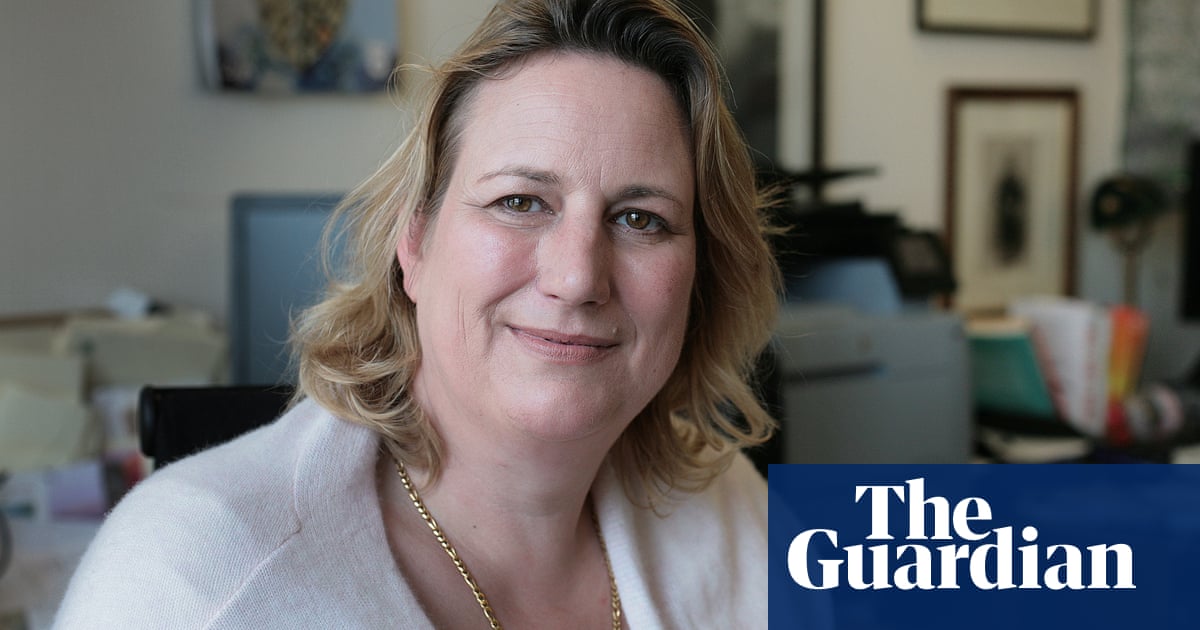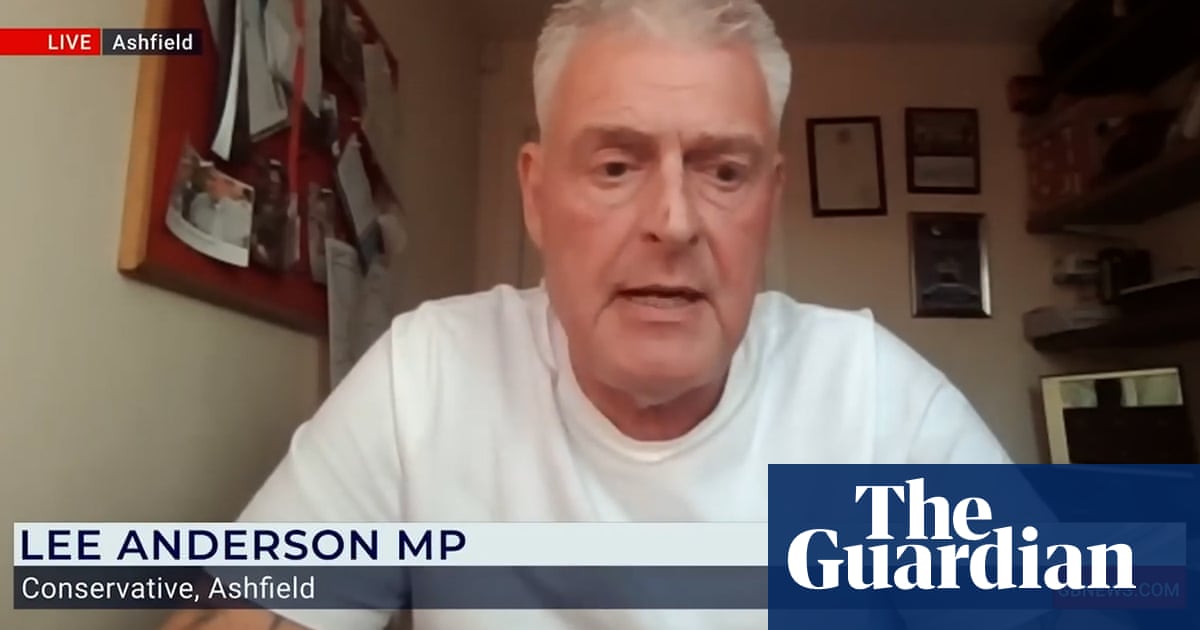
Fewer people with alcohol and drug problems are being treated since responsibility for their care was shifted from the NHS to local councils in England, a former Conservative health minister has found.
Patients’ care has become poorer, specialist detoxification beds are now harder to access and the cost of treatment has spiralled, freedom of information (FoI) requests show.
The duty to commission public health services including services for people who are dependent on drink, drugs or both was passed from the NHS to local councils in 2013 as part of the controversial health service shake-up by the then health secretary, Andrew Lansley.
Dr Dan Poulter – who works part-time as a psychiatrist at an NHS mental health trust in addition to being an MP – with his assistant, Jonathon Foster, and addictions psychiatrist Dr Emily Finch, submitted FoI requests to local councils to examine how the change was working out.
“The evidence is conclusive: commissioning of addictions services by cash-starved local authorities has been a failed experiment,” they wrote in an article for the Health Service Journal.
“The reality is that an inferior addictions service is currently being delivered to patients by a fragmented patchwork of largely non-NHS providers.”
In 2012 the Department of Health lauded the switch of responsibility as “a critical step in the transition towards the establishment of a new public health system”. But Poulter and colleagues said the evidence showed the change had been very damaging, resulting in “serious shortcomings in the current provision of alcohol and inpatient detoxification services”.
Public Health England data shows that the number of people in England entering treatment for alcohol dependence fell from 65,110 in 2013-14 – the first year after the switch – to 50,656 in 2017-18.
Local councils now rely almost entirely on “spot-purchased” inpatient detoxification beds for those who are treated that way rather than “block-purchased” beds, even though addiction specialists regard the latter as better for those who are drinking at dangerously high levels. Since 2013 councils have paid for 336 block beds, compared with 35,743 spot beds, the FoI responses show.
While addiction budgets have shrunk since 2013 amid Whitehall’s cuts to the public health grant given to councils, costs have risen as NHS providers of this care have been replaced in many places by an array of non-NHS, third-sector and private operators.
“Between 2013-14 and 2019-20, total expenditure in England on these treatments rose from approximately £27.137m to approximately £34.605m per annum – an increase of 27.5% – and yet the number of people receiving inpatient detoxification fell by 176 (4%) during the same period,” Poulter and his co-authors said.
They pointed out that addicts were at greater risk of relapsing because the growing number of non-specialist courses of detoxification treatments being bought by councils usually did not include follow-up care such as mental health support.
The squeezing out of NHS mental health trusts from addiction treatment means patients who often have physical and mental health problems as well as addiction issues are no longer receiving the holistic care they need: “There has been a race to the bottom to find the cheapest addictions provider, which in some cases has resulted in inferior and fragmented care for patients with complex physical and mental health needs”, the paper said.
Office for National Statistics figures last month showed that the number of people dying in England and Wales as a result of alcohol reached its highest level in 2020 for the past 20 years.
Cllr David Fothergill, chairman of the Local Government Association’s community wellbeing board, rejected Poulter’s plea for commissioning of addiction services to be handed back to the NHS.
“Councils are committed to ensuring that all those who need help with alcohol and drug misuse get the right support and treatment. Vulnerable people are being given another chance to find work, rebuild relationships, improve their health and secure safe accommodation.
“Any suggestion of moving public health responsibilities would be irrational, deeply disruptive and clearly undermine the progress made so far.”












